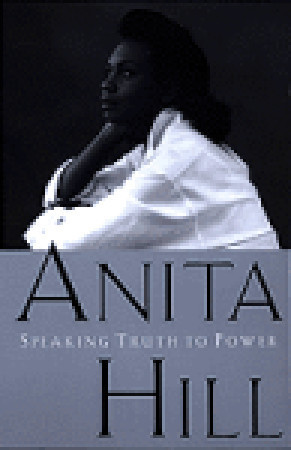What do you think?
Rate this book


384 pages, Paperback
First published September 15, 1997
“Even religion turned against me, or I should say was turned against me…[some] purporting to speak for the church or God or both advised me to confess my sins, or worse, condemned me to “burn in hell” for my sin of testifying. Before long a few voices, speaking on behalf of a church or religion, would attempt to console me for the experience I had endured, but not before I had grown to distrust the church, if not religion itself.”
One cannot read this book without experiencing a broad range of emotions as Professor Hill details her experiences with now Justice Thomas as well as her experiences in relation to her testimony concerning his conduct while she served as his assistant at the US Department of Education and again at the Equal Employment Opportunity Commission.
I read this book as a follow-up to "I Still Believe Anita Hill" by Amy Richards, so I felt I had some background, and, since I watched the hearings in October of 1991, I thought I was prepared for what I would read in this book. But, I was not. Anita Hill went from being a well liked and well respected woman and Professor of Law to a public figure, virtually over night. She was vilified by the media, the Republican party, certain members of the Senate Judiciary Committee, and by some of her former colleagues and students from previous teaching positions. Instead of Clarence Thomas being scrutinized, she was the one under scrutiny, simply because she came forward and told her story of the sexual harassment she experienced in her association with Justice Thomas. Whether you believe her allegations or not is really secondary to what you will encounter reading this book. It is a testament to courage. It is a testament to doing what you believe to be right. And, it is a testament to moving the women's movement forward by exposing sexual harassment in the workplace to the consciousness of America. Anita Hill empowered women to begin speaking out in a way that had not been done before. She changed America. She changed the workplace. Her actions began a movement that is still changing women's rights and raising the standard of acceptable behavior in the workplace even to this day and beyond. I admire and respect her and all those who joined with her to begin this journey.
This is a great book for so many reasons. It is well written. It is not self-aggrandizing. Mostly, it is hopeful and empowering. God bless you, Anita Hill!